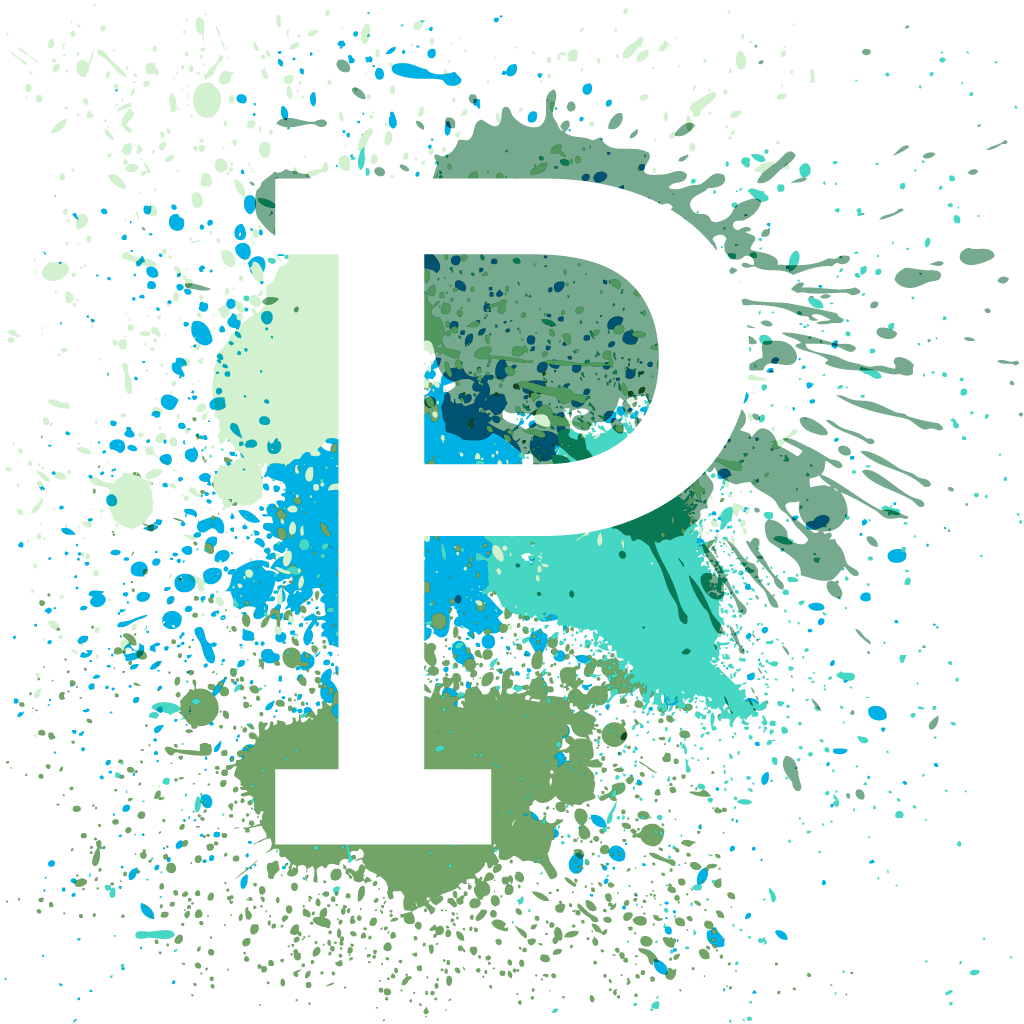Today the web as become more politically active than ever. Many sites have self censored themselves to show their opposition to a bill that is currently working its way through congress (SOPA – Stop Online Piracy Act) and the senate (PIPA Protecting Intellectual Property Act). Our opposition is not to the need to protect IP, but to the approach taken to protecting work.
 At the heart of this issue is the vast resources involved in searching for and punishing those who violate IP laws. This is only made more complex by the lack of national borders on the web. Sites like ThePirateBay.com (based out of Sweden) have pages dedicated to the take down requests sent to them, but due to their physical location lack any jurisdictional authority.
At the heart of this issue is the vast resources involved in searching for and punishing those who violate IP laws. This is only made more complex by the lack of national borders on the web. Sites like ThePirateBay.com (based out of Sweden) have pages dedicated to the take down requests sent to them, but due to their physical location lack any jurisdictional authority.
Following this the US Congress (after more than $91 million in lobby money from Hollywood, media establishments, and others) drafted a twin set of bills SOPA and PIPA that would effectively place the whole of the internet under the jurisdiction of the United States by allowing the US Government to censor any site on the web at a structural level – a nuclear options since it destroys the whole site in efforts to remove specific IP content (not through a take down request, but by taking over their domain name without the owners consent removing the entire site from the web).
 This legislation assumes that it is the responsibility for those who run websites to police all of the user-generated content for any IP violations, or be threatened with the loss of their livelihood. This threat to the web community has drawn an unprecedented response to inform all web users what our elected officials are attempted to do. The burden upon web-companies to police content will effectively kill all innovation and progression on the web. YouTube receives more than 8 years worth of content every day, how can this content be proactively monitored for IP violations.
This legislation assumes that it is the responsibility for those who run websites to police all of the user-generated content for any IP violations, or be threatened with the loss of their livelihood. This threat to the web community has drawn an unprecedented response to inform all web users what our elected officials are attempted to do. The burden upon web-companies to police content will effectively kill all innovation and progression on the web. YouTube receives more than 8 years worth of content every day, how can this content be proactively monitored for IP violations.
Furthermore any site that link to a site hosting illegal IP content can also be shut down in the same way. One would not only be required to monitor the content their users submit, but also all the content on websites with links on their sites (including in user profiles and generated content). Overwhelmed yet?
Even more so since the DMCA (Digital Millenium Copyright Act) states that every created work is implicitly copyrighted by its creator (every photo ever taken, every sound ever recorded with or without the ©) meaning that sites would, potentially, need to independently verify who the user is in the real world, and that they did indeed create 100% of the content submitted or that they are correctly using other copy righted work as allowed by fair use. After all if you can hear the radio in the background of a video you have violated their copy right by not getting their permission to reproduce their sound.
At the end of the day the expectation set by this bill is to overwhelming to think about let alone to implement. SOPA/PIPA will cause the web to grind to a halt and only those with deep pockets will be able to do anything online (again I refer you to those who are have lobbied for this bill).
The web is the new town square where ideas are exchanged and goods purchased – the huge difference is that it makes global local. Using old approaches to solve problems with the web will only move us backwards by erecting artificial walls. The internet requires new approaches to protecting each other, and IP.
Did I miss anything? What are your thoughts on SOPA/PIPA?
Video Explaining SOPA/PIPA:
Helpful Links:
Wikipedia on SOPA/PIPA
Google Against SOPA/PIPA
Understanding Copyright:
